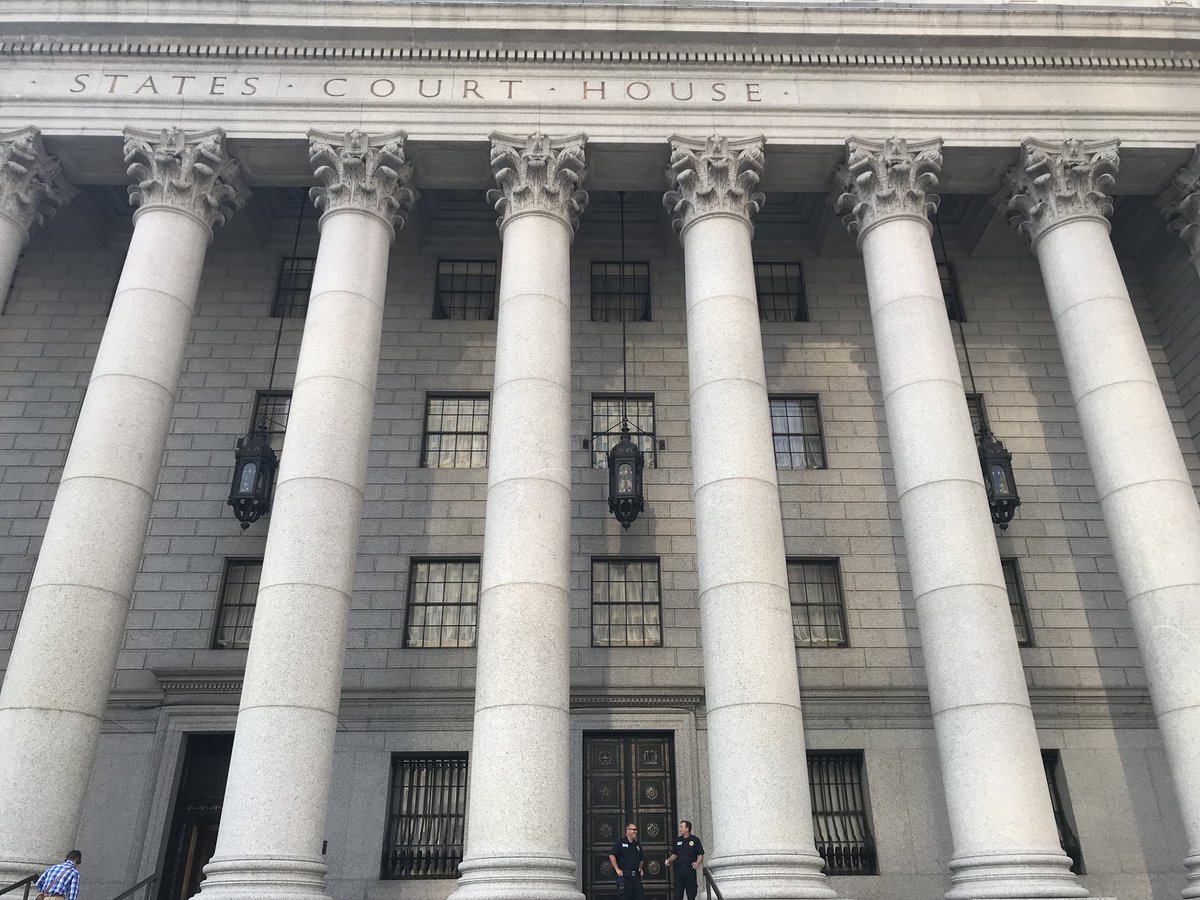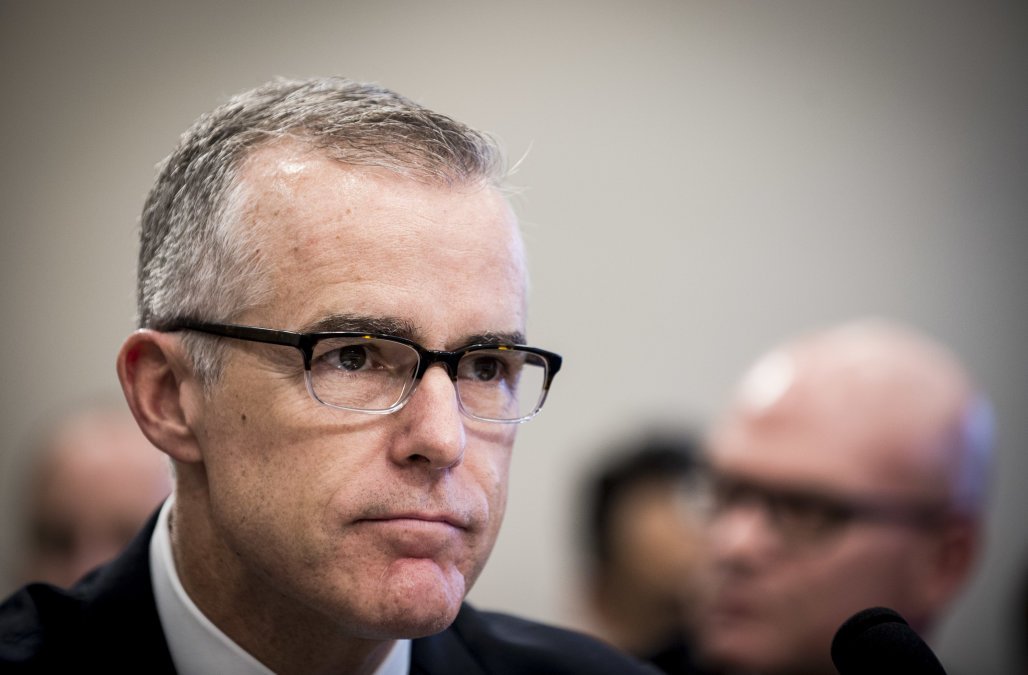In case you missed it, video released on Friday. ⬇️
Ho notes that Ross said the citizenship question was necessary to enforce the Voting Rights Act.
Abowd notes that's true that Ross said that.
"Correct," Abowd answers multiple variations of this question.
A: Yes, that's correct.
Abowd agrees that's a "large population."
A: Yes, I do.
It as routed to the Secretary of Commerce, and Abowd had a meeting with Ross about it.
Abowd agrees.
The breakdown:
* 9.8% of households contain non-citizens
* 5.1% estimated lower self-response
* Affecting 630,000 households
Abowd responds that "conservative" is hard for a statistician to define, but with that caveat, yes.
It's as good as the analysis that led up to it can be.
Abowd agrees.
Abowd agrees.
"Increased sensitivity is reflected through the 2017 data, yes," Abowd testified.
A: Self-response rates. That's correct.
A: Yes, it could.
"Well, I'm not a macroeconomist," Abowd notes, before adding that he believes it is.
They said that they are personally citizens, but they would not answer out of fear, he notes.
A: They would be a very difficult group to count yes.
Ho presses him on whether they'd be "extremely" difficult to count.
Abowd says they did.
Q: Members of this group would be more likely to self-respond if there were not a citizenship question on the census.
A: Yes.
"Latinos will not participate out of fear. There’s a hunt for us... It’s like giving the government information: 'Oh, there are more here.'"
Ho asks about whether adding citizenship question will increase costs of census.
Abowd says it will.
By $27.5 million, conservatively, he testifies.
Q: That’s a bad thing, right?
A: That’s something we try to avoid, yes.
He said he communicated that to Ross in February meeting.
DOJ objects. Calls footage unnecessary.
Judge Furman overrules. It rolls.
Asked if this refusal is unusual, Abowd replies: “Yes, it is.”
Abowd agrees.
Abowd agrees.
Afternoon recess. Back in 10 minutes.
“Not to the best of my knowledge,” Abowd replies.
“My understanding was those conversations were initiated by the Department of Commerce,” Gore said in the footage.
Abowd said he didn’t know that Commerce, not DOJ, initiated.
Q: Among the senior executives at the Census Bureau, everyone you know was also surprised... [by that order of events].
Abowd agrees.
“I was under the impression that it mattered within the context of the 2020 census,” Abowd says.
DOJ attorney’s tone is much friendlier than Ho’s, as Abowd is effectively an adverse witness - called by the plaintiffs and employed by a defendant.
Abowd’s testimony against the citizenship question notwithstanding.
Tl;dr, he’s impeccably credentialed.
We get it.
I will have one story for both days of testimony and so perhaps no wrap-up today.
See you tomorrow.









